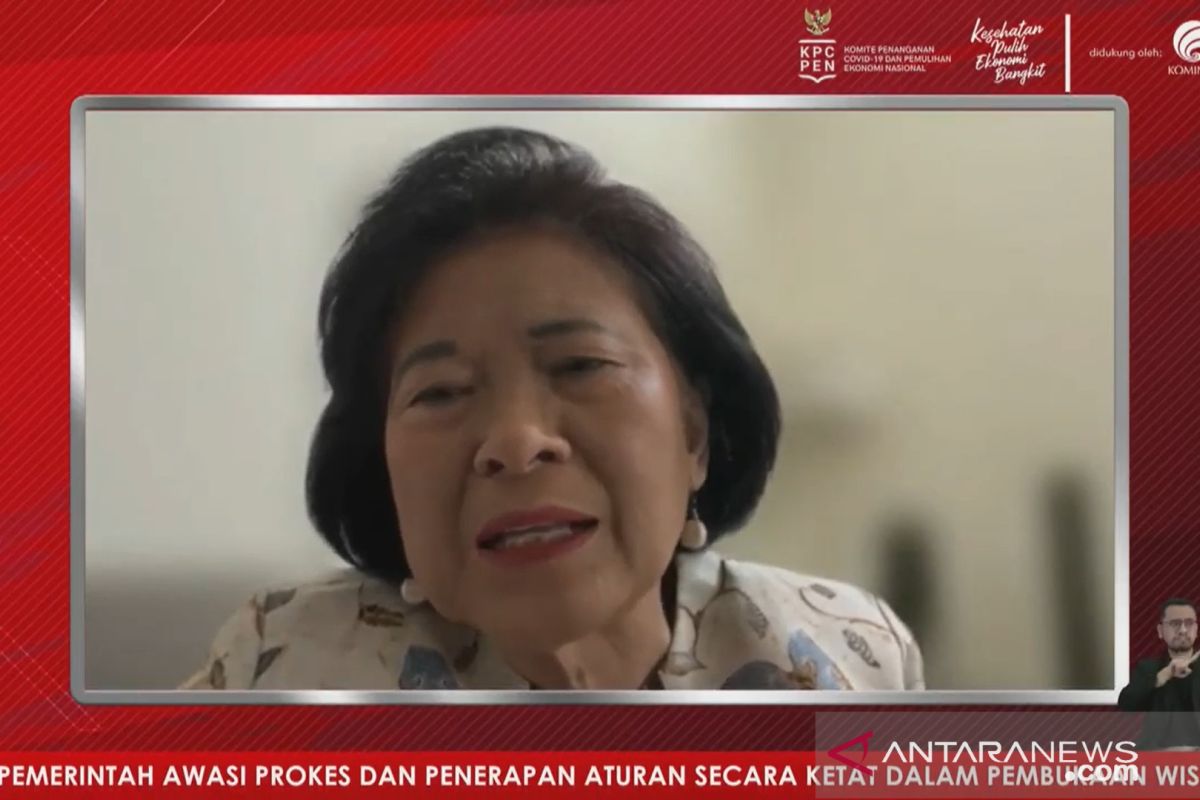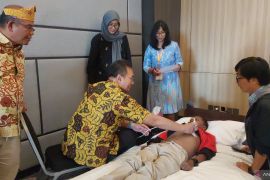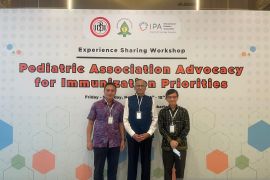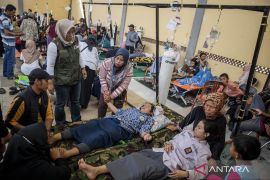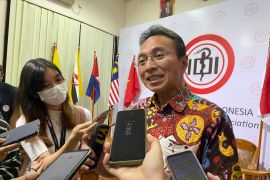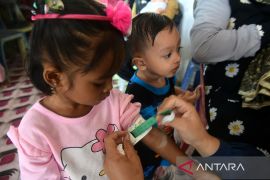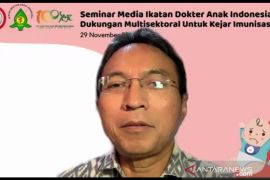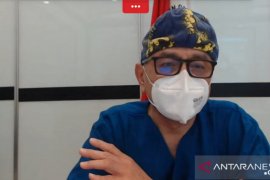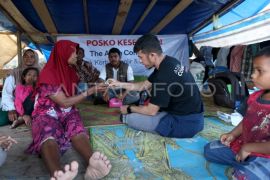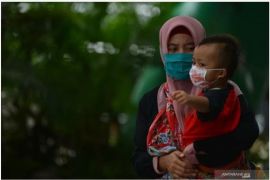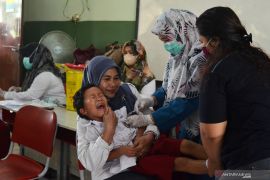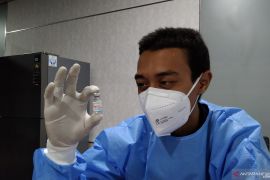"KIPI is possible to happen but it is only for a small percentage with mild symptoms. There are two types of KIPI, namely general and local," a member of the Immunization Task Force of the IDAI, Cissy Rachiana Sudjana Prawira Kartasasmita, said on Tuesday.
The two types of KIPIs have different symptoms, she informed. In local KIPI, a child may experience pain, swelling, and redness at the injection site, she said.
While in the case of general KIPI, a child may feel weak or tired, she added. There is also the possibility of children experiencing headaches, muscle pain, feeling cold, fever, and nausea, she said.
If a child experiences any KIPI symptom, parents do not need to worry because KIPI disappears within one to three days, Kartasasmita informed.
KIPI does not always happen and only a few children will experience it since the possibility of KIPI is very small in children, she explained. One of the most common KIPI reported in children is weakness and fatigue, she said.
“Therefore, after being vaccinated, children must be observed. If they sleep longer than usual but still within the normal limit, it is alright. But if they seem to sleep all day long, it is not normal," she added.
Kartasasmita advised parents not to give medicines if a child's fever is below 39 degrees in case of KIPI. Parents can give medicines if the fever goes up to 39 degrees or there is pain due to swelling, she said.
She also asked parents to ask children to move or straighten the arm that has been injected. A child's hands must be actively moved to maintain blood circulation, she explained.
"If the pain is unbearable or the hand is swelling, parents can give medicine to their child. Do not give medicine before vaccination," she urged.
Related news: Over 500,000 children aged 6 -11 vaccinated in a week
Related news: IPA lauds govt for vaccination drive for children aged 6--11
Translator: Hreeloita D S, Resinta S
Editor: Suharto
Copyright © ANTARA 2021
